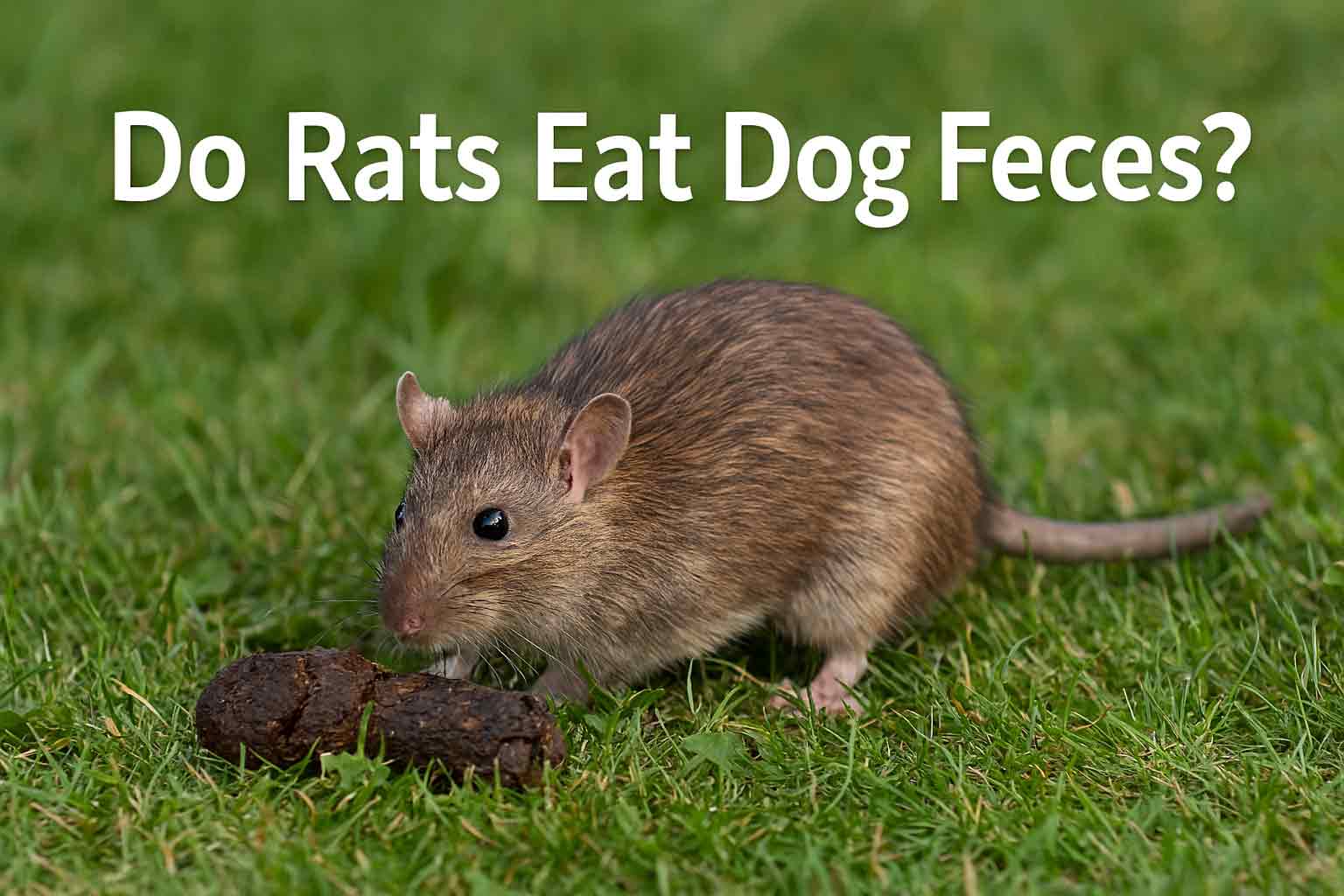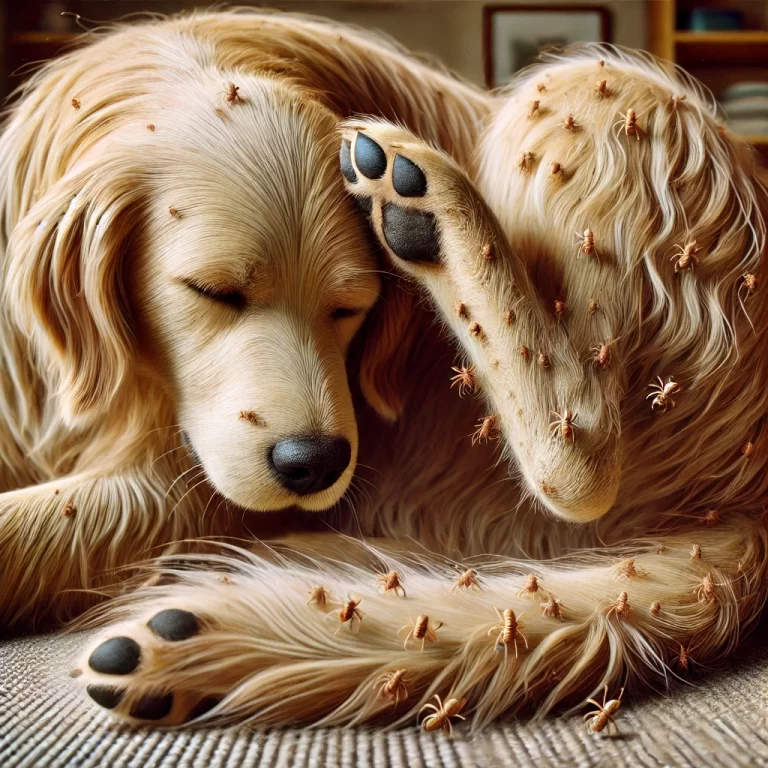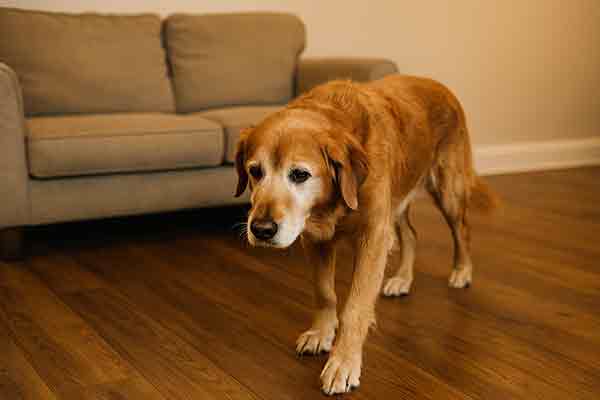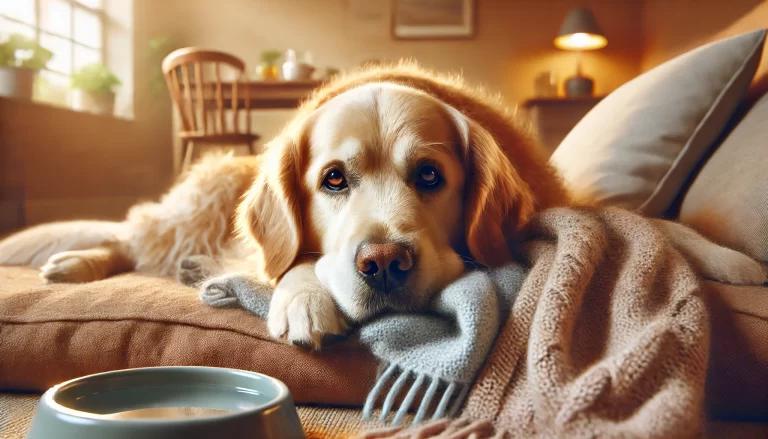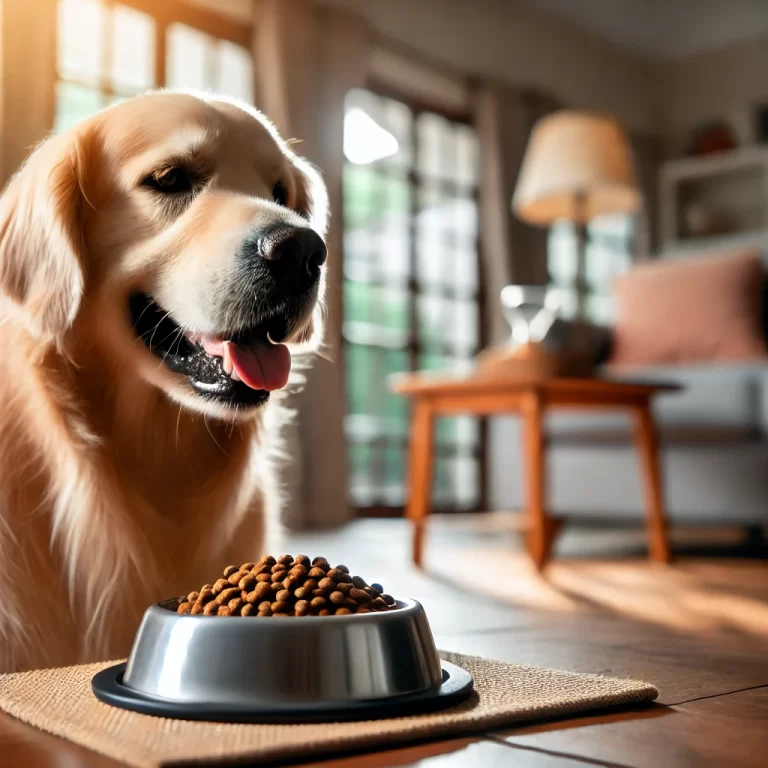Do Rats Eat Dog Feces? | Understanding Rodent Behavior and Pet Waste Management
Table of Contents
- Introduction
- Why This Question Matters for Pet Owners
- Do Rats Really Eat Dog Poop?
- Why Dog Feces Attracts Rats
- What Else Attracts Rats to Your Yard?
- Health Risks of Rats Eating Dog Feces
- How to Prevent Rats from Being Attracted to Dog Waste
- Tips for Proper Dog Poop Management
- When to Call a Pest Control Expert
- Conclusion
Introduction
If you’re a dog owner, you’re probably used to dealing with poop on a daily basis—but have you ever wondered if it’s attracting unwanted guests? More specifically, do rats eat dog feces? As unpleasant as the question might sound, it’s one that has real implications for public health, home cleanliness, and pest control. In this article, we’ll explore what draws rats to dog poop, the risks involved, and how to keep your yard clean and rodent-free.
Why This Question Matters for Pet Owners
Rats are notorious for being resilient scavengers, and dog poop is surprisingly high on their menu. Understanding this behavior is essential for pet owners who want to avoid rat infestations. Leftover feces in your yard or neighborhood can not only invite rodents but also contribute to the spread of disease and parasites.
Do Rats Really Eat Dog Poop?
Yes, rats do eat dog feces. While it may not be their first choice when other food sources are available, dog waste contains partially digested nutrients that can sustain a rodent. Studies and pest control reports confirm that urban rats, especially in food-scarce environments, will consume fecal matter—including that of dogs.
Why Dog Feces Attracts Rats
There are a few key reasons why dog poop appeals to rats:
- High nutrient content: Dog feces can contain undigested proteins, fats, and carbohydrates.
- Consistent availability: In areas where owners don’t pick up after their pets, feces becomes a dependable food source.
- Scent markers: Rats are attracted to strong organic odors. Dog waste emits gases and scents that are highly detectable to rodents.
- Soft texture: Especially when fresh, dog poop is easy for rats to nibble on and digest.
What Else Attracts Rats to Your Yard?
In addition to dog feces, rats may be drawn to your outdoor space due to:
- Unsealed trash bins or compost
- Pet food left outdoors
- Birdseed, nuts, or fruit dropped from trees
- Woodpiles, tall grass, or cluttered sheds (great hiding spots)
It’s important to take a comprehensive approach to yard cleanliness if you want to deter rodents effectively.
Health Risks of Rats Eating Dog Feces
The combination of rats and feces poses multiple health risks to both humans and pets:
- Leptospirosis: Spread via rat urine and often found in moist environments contaminated by feces.
- Roundworms and hookworms: Dog poop can carry these parasites, which rats can spread further.
- Salmonella: Rats can carry this bacteria from feces-contaminated areas to surfaces and food supplies.
- Secondary infestations: Where there are rats, there may also be fleas and ticks that pose their own dangers.
How to Prevent Rats from Being Attracted to Dog Waste
Here are several effective methods to keep your yard and property free of rat interest:
- Pick up dog poop daily: Don’t let it accumulate, even in colder months.
- Seal garbage and compost tightly: Use animal-proof bins if possible.
- Remove food sources: Bring pet food indoors and clean up birdseed spills.
- Trim shrubs and grass: Open landscaping discourages nesting.
- Eliminate standing water: Rats need hydration just like any other animal.
Tips for Proper Dog Poop Management
Effective pet waste disposal is critical not just for hygiene, but for pest control as well:
- Use biodegradable poop bags and dispose of them in sealed trash containers.
- Designate a pet bathroom area and clean it frequently.
- Install outdoor waste stations with covered bins to encourage responsible cleanup.
- Consider composting dog waste with a special pet waste digester (not for edible gardens).
When to Call a Pest Control Expert
If you notice signs of a rat infestation—such as droppings, gnawed items, or night-time rustling—it may be time to call in professionals. They can identify attractants, seal entry points, and apply safe, targeted treatments.
Look for licensed pest control services with experience in pet-safe solutions. Prevention is always easier and safer than extermination.
Conclusion
So, do rats eat dog feces? The answer is yes—and it’s more common than most dog owners realize. While it’s an unpleasant truth, it’s a manageable one. By keeping your yard clean, practicing good dog poop disposal habits, and being aware of what attracts rodents, you can significantly reduce the chances of rats making a home near yours. Responsible pet ownership isn’t just about caring for your dog—it’s also about protecting your family and community from unwanted pests.
Looking for more tips on keeping your yard clean and your pets healthy? Browse our blog for articles on pet hygiene, pest control, and eco-friendly living with dogs.

